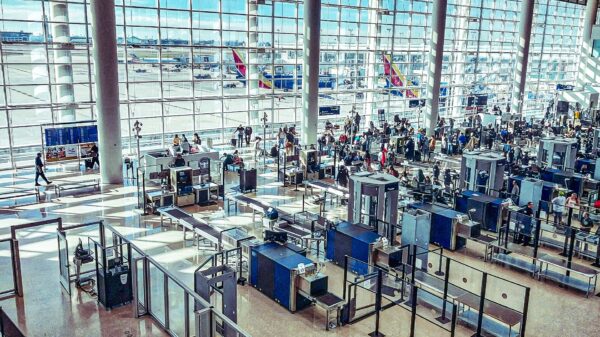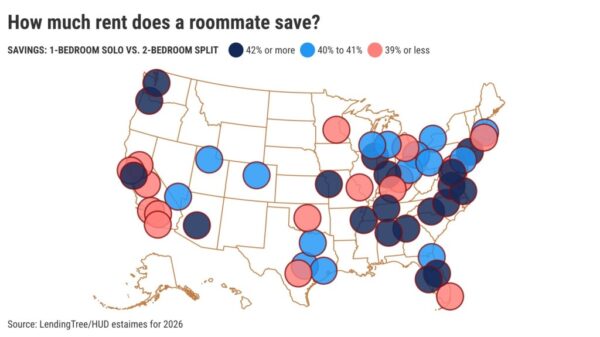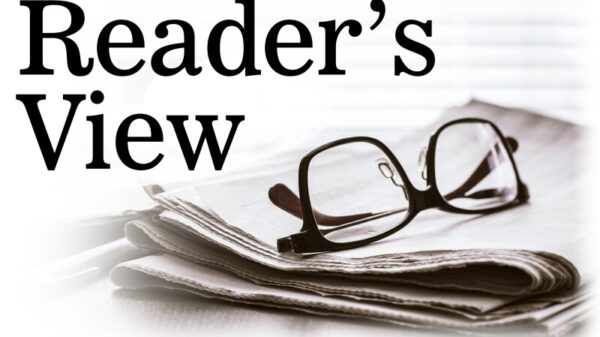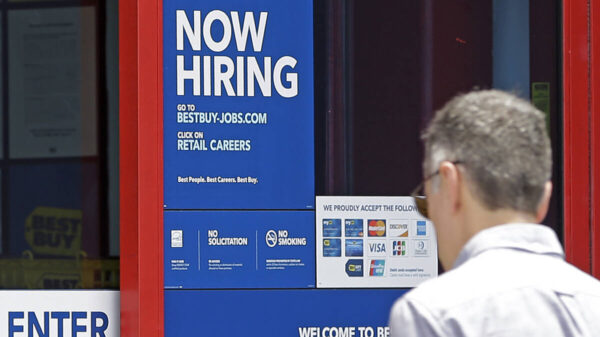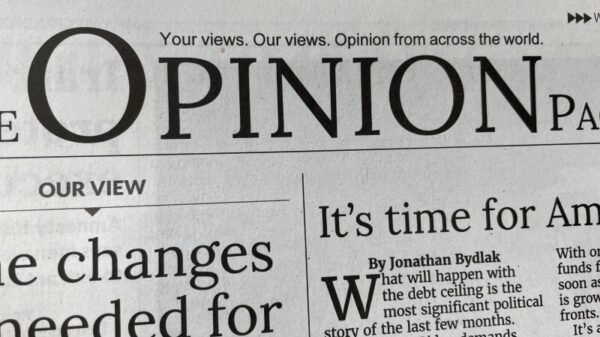The U.S. Department of Justice has launched a significant legal action against Uber Technologies, Inc., filing a lawsuit seeking $125 million in damages. The lawsuit, announced on October 6, 2023, alleges that the ride-hailing service has systematically discriminated against passengers with disabilities, violating the Americans with Disabilities Act.
According to the Department of Justice, the lawsuit stems from complaints indicating that Uber has repeatedly denied rides to individuals who require assistance, particularly those using wheelchairs or other mobility devices. The Justice Department’s investigation uncovered instances where drivers canceled rides or refused to pick up passengers based on their disabilities.
The lawsuit asserts that Uber’s practices not only harm disabled riders but also contribute to broader societal discrimination against individuals with mobility challenges. Kristen Clarke, the Assistant Attorney General for the Justice Department’s Civil Rights Division, emphasized the importance of equitable access to transportation for all citizens, stating, “No one should be denied equal access to transportation because of their disability.”
Uber responded to the allegations, asserting that the company is committed to providing accessible services. A representative from Uber stated, “We are reviewing the lawsuit and remain focused on ensuring that our services are available to everyone.” Despite this assurance, the lawsuit raises significant questions about the adequacy of Uber’s current policies in addressing the needs of disabled passengers.
The Department of Justice is seeking not only financial penalties but also changes to Uber’s operational practices to ensure compliance with federal disability rights laws. The outcome of this case could set a precedent for how ride-sharing companies accommodate passengers with disabilities.
The legal action follows a growing trend of scrutiny on technology-based transportation services regarding their accessibility. The lawsuit highlights the ongoing challenges faced by individuals with disabilities, particularly in urban areas where public transportation options may be limited.
In recent years, several advocacy groups have called for stricter regulations on ride-sharing companies to ensure they comply with disability rights. The outcome of this lawsuit may influence policy changes across the industry, potentially requiring companies like Uber to adopt more comprehensive training and support for drivers regarding accessibility issues.
As this case proceeds, it will be closely watched not only for its potential impact on Uber but also for the broader implications it may have on the transportation sector’s approach to disability rights. The Justice Department’s commitment to enforcing anti-discrimination laws underscores the importance of equal access to essential services for all Americans.









